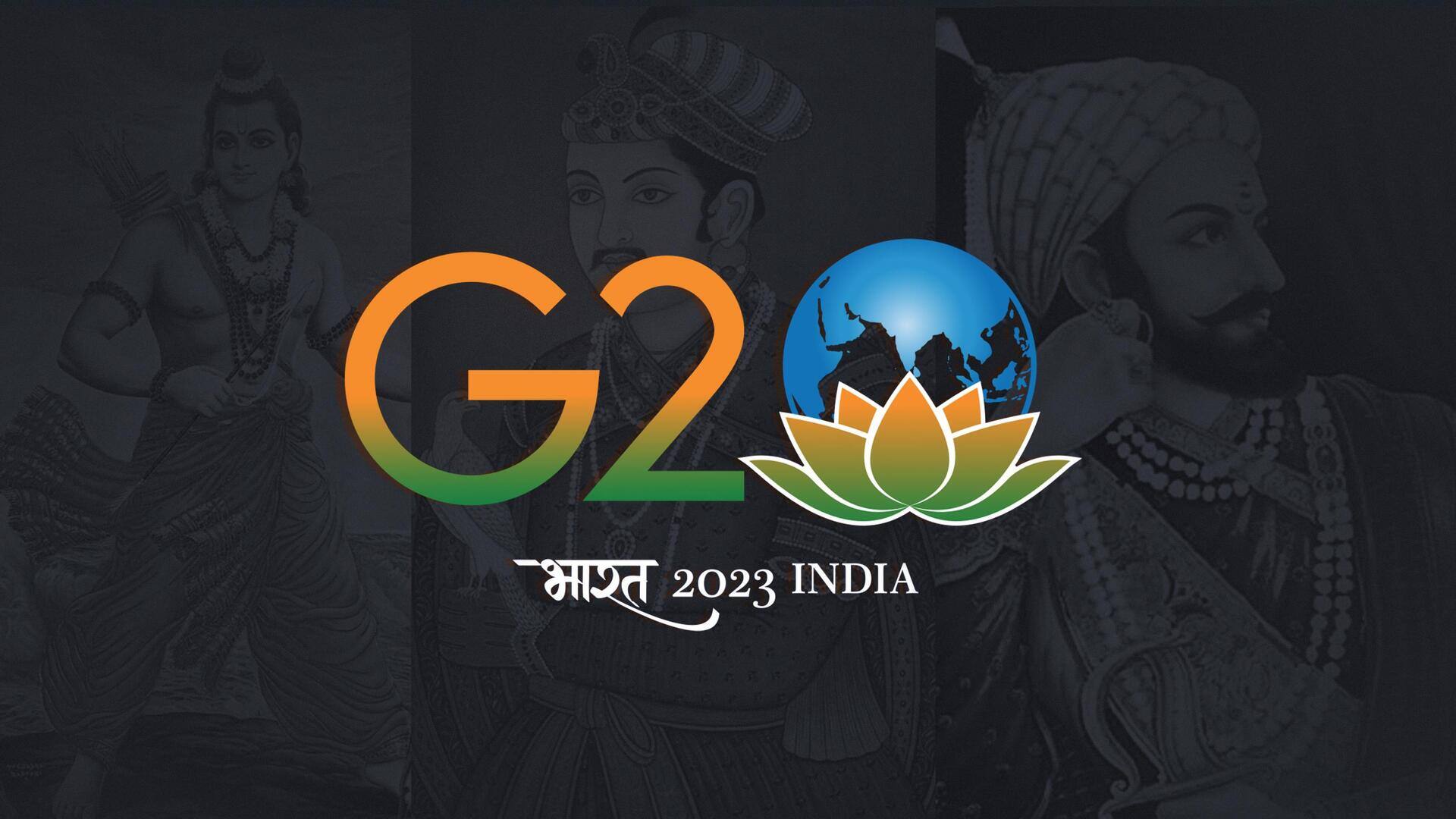
G20 booklet calls Ram, Shivaji, Akbar democratic kings
What's the story
Two booklets issued by the central government, "Bharat, The Mother of Democracy" and "Elections in India—A Comparative View of 1951-52 and 2019 Elections," reveal that India's democratic ethos has been part of its people for millennia. Uploaded on the official G20 website, the booklets highlight examples from ancient Indian history, including Lord Ram's selection as king, Chhatrapati Shivaji and Emperor Ashoka's governance, and Mughal emperor Akbar's secular administration.
Context
Why does this story matter?
India is hosting the G20 Summit in Delhi from Friday-Sunday, which will see the participation of leaders from all over the world as well as global institutions. The Indian government is touting the nation as a world leader by banking on its ancient credentials. After being ravaged by colonialism, the nation emerged as an influential power globally. However, Akbar's inclusion in the list is interesting as the ruling Bharatiya Janata Party (BJP) often blames Mughals for India's purported lost glory.
Details
Ancient epics showcase democratic ideals
The G20 booklets also cite democratic elements in Ramayana and Mahabharata, emphasizing governance for the welfare of the people. They noted that Lord Ram was selected as the king with the approval of the "council of ministers and people's representatives." It is also mentioned that Emperor Ashoka held elections for ministers every five years, and his "ideologies of peace, welfare, and universal brotherhood are preserved in the form of his edicts across the Indian subcontinent even today."
What Next?
Akbar and Shivaji's democratic governance
The booklets described Akbar as "the understanding monarch" with an unusual "democratic thinking" that was "way ahead of his time." Notably, Akbar introduced the doctrine of "Sulh-i-Kul" or universal peace, as a tool against religious discrimination. He also founded the syncretic religion Din-i-Ilahi, or divine faith, for a harmonious society. The booklets also said that people under Chhatrapati Shivaji's rule enjoyed equal rights. He appointed eight ministers for decentralized governance, which was carried forward by his successors.
Insights
Equality in Rigveda, democratic elections in 10th century
The booklets also cited Krishnadeva Raya's rule in Vijayanagar, which followed the principle of participative governance and ancient Indian scriptures like the Rigveda speaking of equality. They further mentioned inscriptions on a temple in Tamil Nadu's Uthiramerur built under Parantaka Chola I in 919 CE, which marked the practice of local self-governance and democratic elections in that period. The booklet regarding elections also highlighted India's 17 national elections and over 400 state assembly elections since independence.